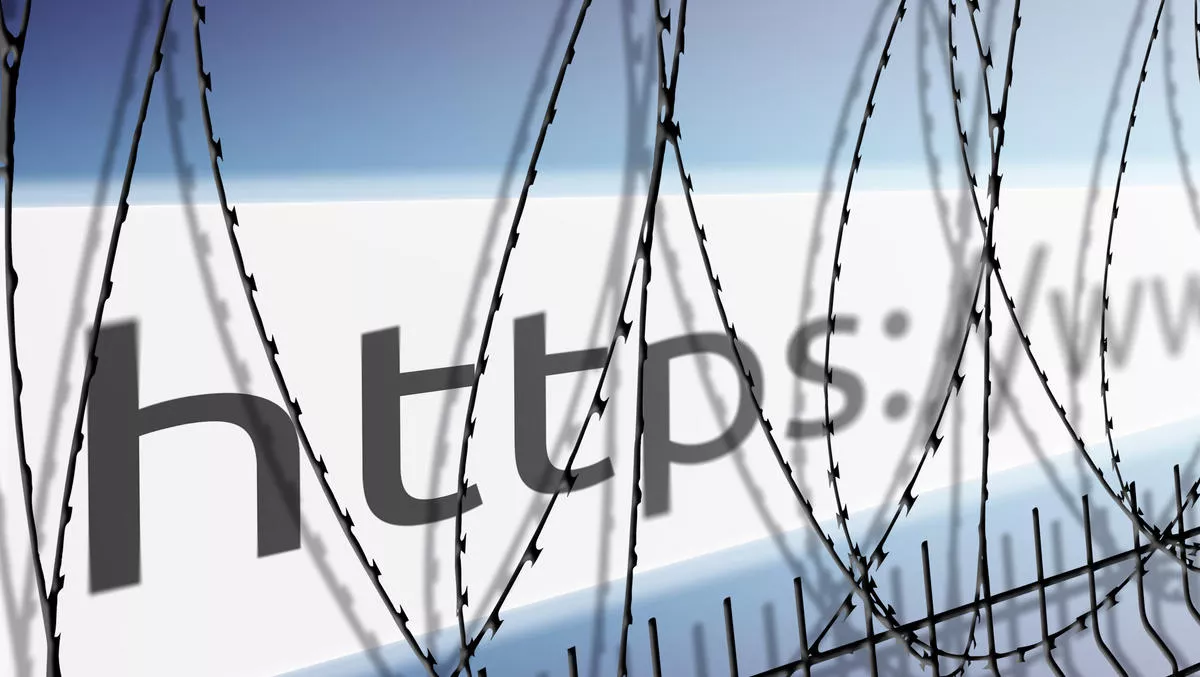
Internet filtering not the answer - InternetNZ
The New Zealand Government this week introduced a proposed legal framework for internet filtering, which advocacy group InternetNZ says is not the answer.
Alongside the internet filtering framework, the government is also proposing new powers for New Zealand's chief censor of online content.
The proposed law change is part of the New Zealand government response to the Christchurch terror attacks that occurred in March last year.
InternetNZ says the proposals are not the best answer to the problem.
"Internet filters cannot help with the worst types of harms people face online," says InternetNZ chief executive Jordan Carter.
"The proposed filters would work at the network level, in a way that is a mile wide and a millimetre deep.
"People who want to get around these filters can easily do so by using a VPN, technology that many Kiwis have been using when working from home recently," he explains.
Carter says past filtering attempts have shown that a dangerous side effect is the unintentional blocking of sites that are not hosting objectionable material, in at least one case blocking access to email and online collaboration tools.
"Filters cannot effectively block harmful content or behaviours that spread through social networks or online chat apps," says Carter.
"They are only a shallow technical solution to deeper social problems that show up online and offline."
"Technical limitations mean filters can risk creating a false sense of security. Even if filters could work as intended, people may mistakenly think they and their families are safe from dangerous content and behaviours online," he says.
Carter says InternetNZ welcomes measures that enable effective action on those harmful behaviours.
"We support the proposal in the Government's draft legislation to allow quick interim decisions by the chief censor's office, and the new criminal offence which targets people who deliberately abuse livestreaming to cause harm to others," says Carter.
"Legally requiring Government filtering of the Internet is not consistent with the Prime Minister's advocacy of a free, open and secure internet under the Christchurch Call," he says.
"Under the current Bill filtering could be legally required without any consideration of human rights impacts or technical side-effects on how we all use the Internet. Before filtering proposals proceed, this gap must be addressed.
"Instead of government filtering, let's focus on what works, and on what is consistent with the Government's overall support for the Internet that New Zealand needs," Carter says.


